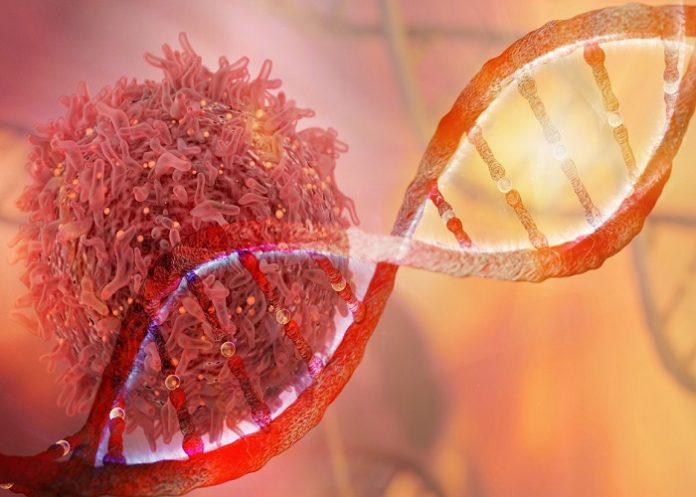Fragments of tumour DNA can appear in the bloodstream up to three years before a cancer diagnosis, offering a potentially revolutionary window for early detection and treatment, researchers have found.
“Three years earlier provides time for intervention, and gives patients more chance of beating the disease,” said Dr Yuxuan Wang, an assistant Professor of Oncology and lead researcher of the study at Johns Hopkins University. “The tumours are likely to be much less advanced and more likely to be curable,” she added.
The New York Post reports that for the study, Wang and her colleagues analysed blood samples from 52 people involved in a large National Institutes of Health-funded research project on cardiovascular health.
Half were later diagnosed with cancer within six months of giving blood. The rest stayed cancer-free.
The researchers ran the samples through a multi-cancer early detection (MCED) test, which uses ultra-sensitive sequencing to hunt for tiny shards of mutated DNA that tumours leak into the bloodstream.
It detected signs of cancer in eight of the 26 future patients.
But here’s the kicker: six of those patients had older blood samples on file – and in four of them, early signs of cancer were already lurking more than three years before their diagnosis.
“This study shows the promise of MCED tests in detecting cancers very early, and sets the benchmark sensitivities required for their success,” said senior author Dr Bert Vogelstein, a Professor of Oncology and co-director of the Ludwig Centre at Johns Hopkins.
Right now, no MCED tests are fully approved by the FDA for widespread use, though some are commercially available under looser rules as Laboratory Developed Tests.
While MCED tests aren’t intended to replace standard screenings, experts say they could play an important role in spotting cancers earlier – especially those like colon cancer, that are often diagnosed at advanced stages.
“Detecting cancers years before their clinical diagnosis could help provide management with a more favourable outcome,” said Nickolas Papadopoulos, a Professor of Oncology and senior author of the study.
“Of course, we need to determine the appropriate clinical follow-up after a positive test for such cancers,” he added.
Among the eight participants whose cancers the MCED test detected months before diagnosis, five died from the disease, underscoring how deadly cancer can be when caught too late.
For example, the five-year survival rate for breast cancer is 99% when detected early, but drops to less than 32% once the disease has spread, according to the American Cancer Society.
Excluding non-melanoma skin cancers, the group estimates more than 2m new cancer cases will be diagnosed in the US in 2025, with more than 618 000 people expected to die from the disease.
That breaks down to roughly 1 700 deaths every day.
Study details
Detection of cancers three years prior to diagnosis using plasma cell-free DNA
Yuxuan Wang, Corinne Joshu, Samuel Curtis et al.
Published in Cancer Discovery on 22 May 2025
Abstract
To explore how early can cancers be detected prior to clinical signs or symptoms, we assessed prospectively collected serial plasma samples from the Atherosclerosis Risk in Communities (ARIC) study, including 26 participants diagnosed with cancer and 26 matched controls. At the index time point, eight of these 52 participants scored positively with a multicancer early detection (MCED) test. All eight participants were diagnosed with cancer within 4 months after blood collection. In six of these 8 participants, we were able to assess an earlier plasma sample collected 3.1 to 3.5 years prior to clinical diagnosis. In four of these six participants, the same mutations detected by the MCED test could be identified, but at 8.6 to 79-fold lower mutant allele fractions. These results demonstrate that it is possible to detect circulating tumour DNA more than three years prior to clinical diagnosis, and provide benchmark sensitivities required for this purpose.
See more from MedicalBrief archives:
Pros and cons of one-test cancer screenings
Blood test that screens for DNA fragments of tumour billed as ‘new frontier’ in cancer screening
Blood test may detect 5 cancers up to four years earlier in asymptomatic patients

